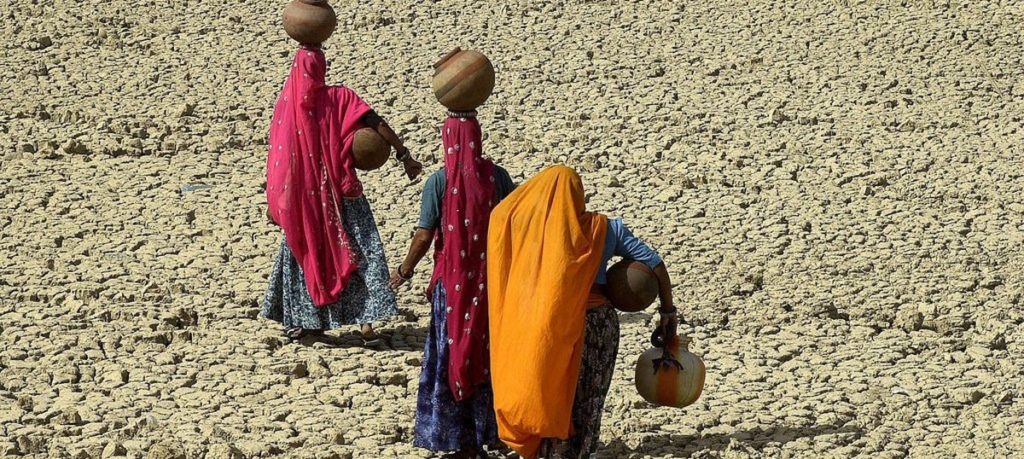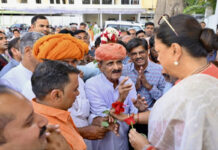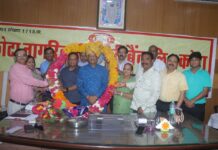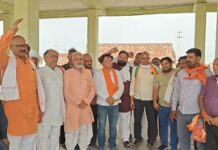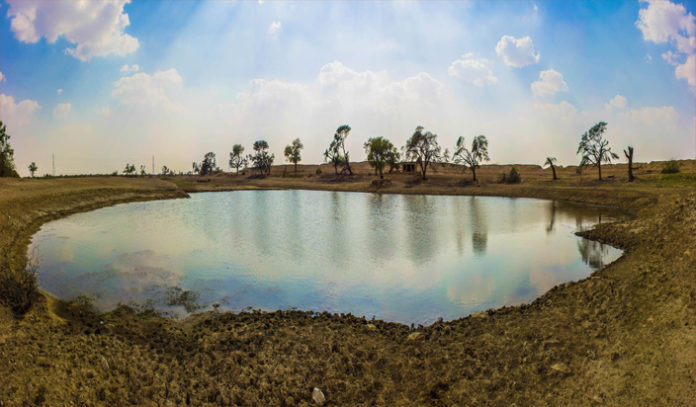
Researchers at the University of Adelaide are working on a project to supply fresh drinking water to Rajasthan. This will be done with the help of simple and low-cost water purification kits. These self-assembly kits are made up of basic materials with a clever design. Making use of sunlight and gravity, the technology can produce up to 10 litres of safe drinking water, every day. It uses radiation from the sunlight to kill pathogens in the water and thus purifies it.
The university has recently launched the crowd funding project to arrange funds for the research. After that, the researchers will be able to design and develop the kits. The target is to raise 30,000 Australian dollars to prepare 1000 kits. A donation amounting to 30 dollars will provide one purification kit for a family in Rajasthan. This will convert up to 10 litres of contaminated water into fresh drinking water, every hour.
In order to analyze the situation of water contamination, the team of researchers including engineers, microbiologists, and anthropologists will be visiting Rajasthan. The team will engage in local communities and engage in assessments on local water quality, manufacturing capabilities and supply chains. This will help them to come up with customized solutions.
Water Scarcity in Rajasthan
Rajasthan, the sister state of South Australia, is a region with 79.79 million people. Water management is one of the key issues in the state. Due to scarcity of fresh water, it’s very critical issue that determines the future growth. And not just Rajasthan, the situation is frightening for the rest of the world as well.
As per the estimated figures, 680 Million people in the world don’t have access to fresh drinking water. Besides, almost 1.5 Million of the world population, mainly consisting of children, dies from consuming contaminated water, every year. These revelations were made by the project leader Cris Birzer, Senior Lecturer in University’s School of Mechanical Engineering and Director of the Humanitarian Development Solutions Initiative.

